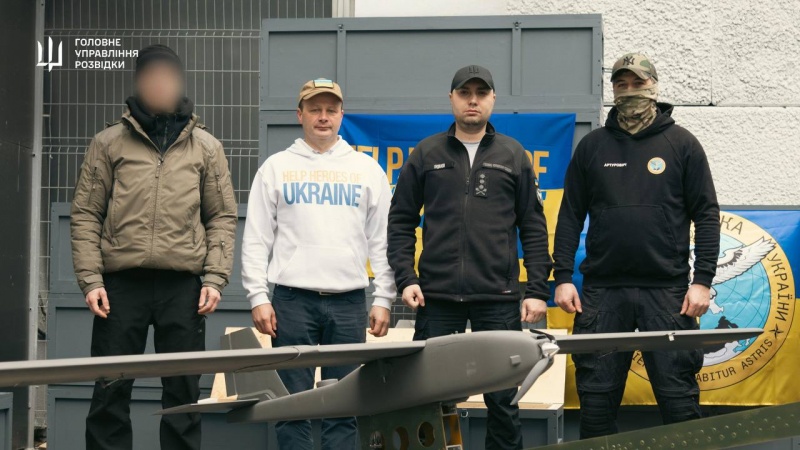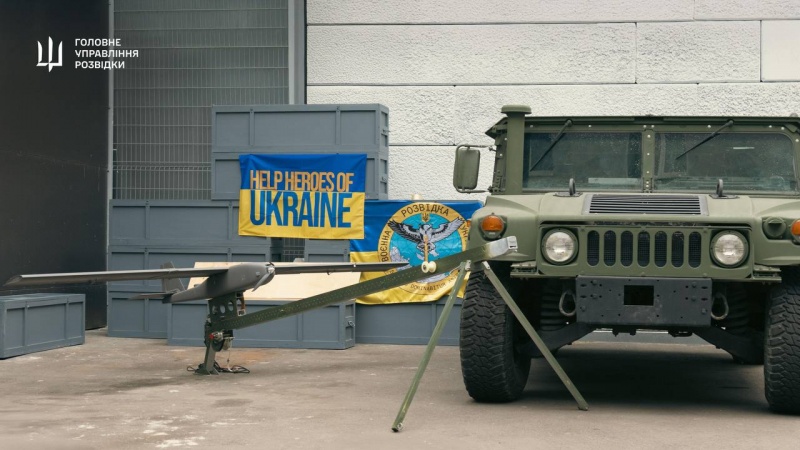As of today, the transit of Russian gas through Ukrainian territory to Europe has dropped to zero. This has become one of Moscow’s biggest defeats, according to a statement from Ukrainian President Volodymyr Zelenskyy.
“When (Russian President Vladimir – ed.) Putin was given power in Russia more than 25 years ago, the annual gas transit through Ukrainian territory to Europe amounted to 130+ billion cubic meters. Today, Russian gas transit is zero. This is one of Moscow’s biggest defeats,” emphasized Zelenskyy.
He explained that turning energy resources into weapons and cynically using energy blackmail against partners is what deprived Russia of its most attractive and geographically most accessible market.
The President noted that most European countries have successfully adapted to the changes associated with the energy transformation.
He stressed that the current common task is to support Moldova in this process. At the same time, he said, it is important to resist the pressure of some European politicians who, instead of transparent energy policies, continue to choose cooperation with Moscow’s mafia schemes.
“We also hope for an increase in American gas supplies to Europe, as President Trump has already mentioned. Cooperation and maximum offers from partners in the market will help make prices more comfortable,” he emphasized.
At the end of his statement, Zelenskyy summarized that the more gas there is on the market from real European partners, the sooner the last negative consequences of Europe’s energy dependence on Russia will be overcome.
Cessation of Russian gas transit through Ukraine
From January 1, 2025, Ukraine has stopped the transit of Russian gas to Europe, ending its contract with Gazprom.
Ukraine shut off the gas valve on January 1 at 07:00 AM Kyiv time, depriving Moscow of approximately $5-7 billion in annual revenue. This occurred immediately after the expiration of the five-year contract between Naftogaz and Gazprom.
The European Union had prepared for this scenario in advance by developing alternative supply routes and infrastructure for liquefied natural gas (LNG) imports, ensuring the stability of energy supply in the region.
We have already covered how the cessation of transit will affect Europe.





